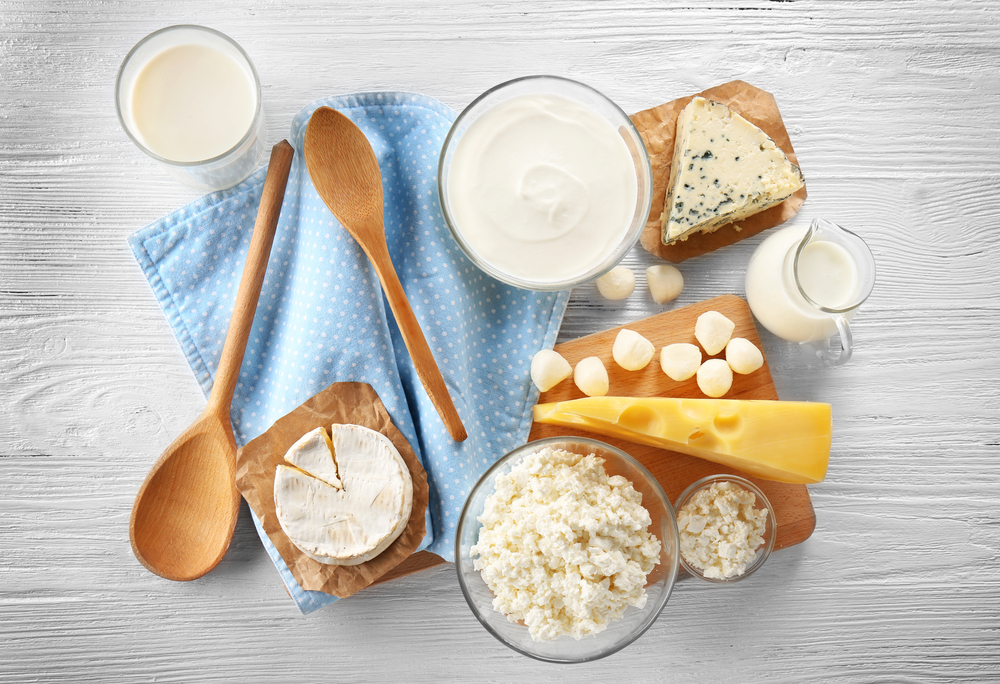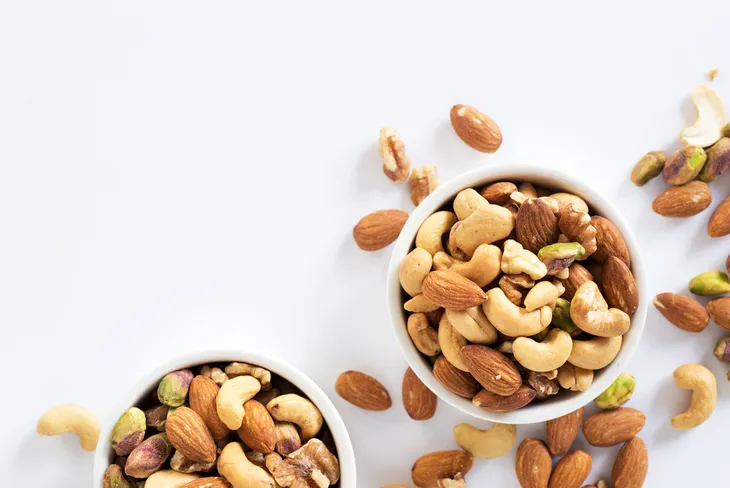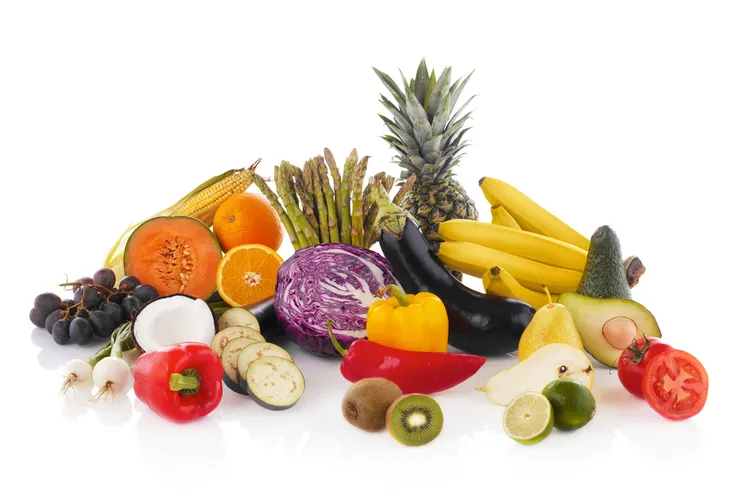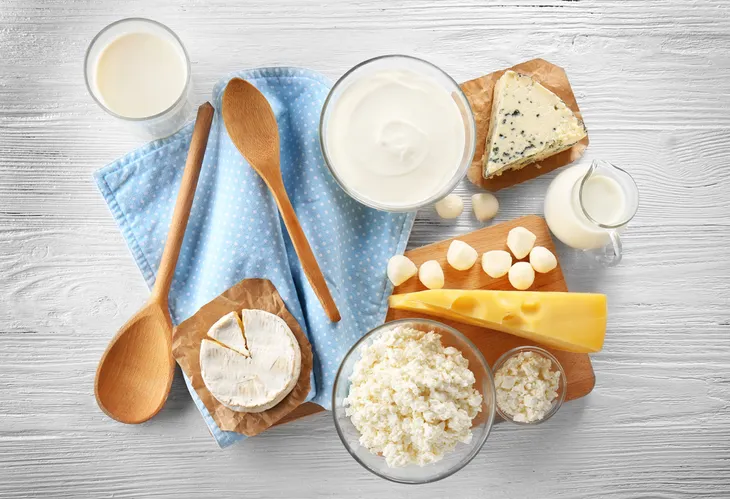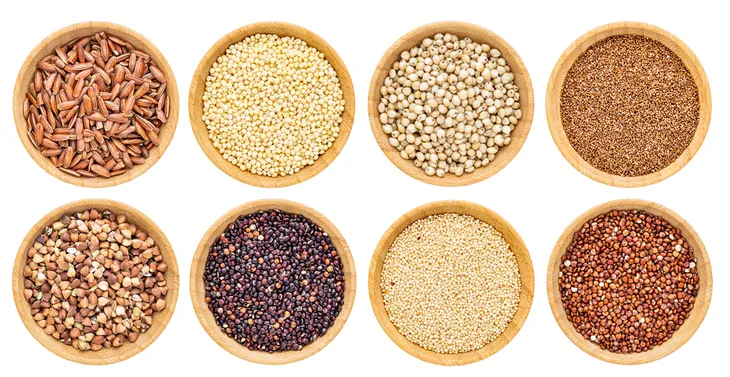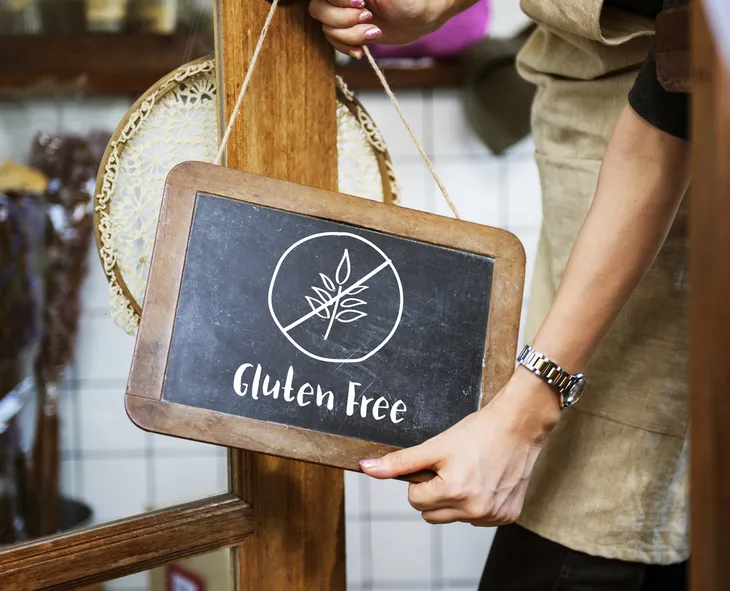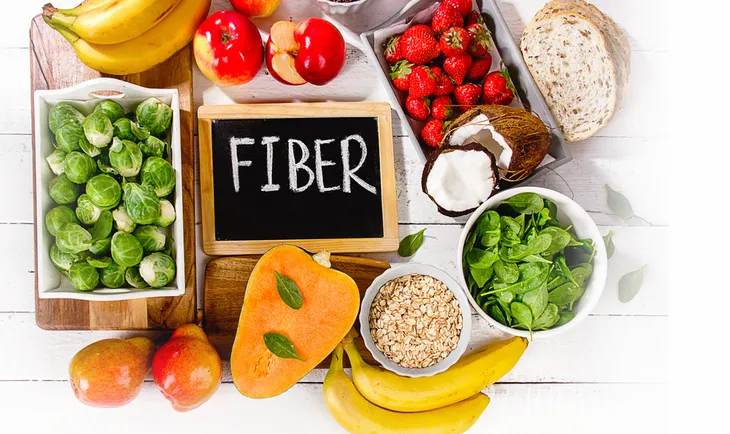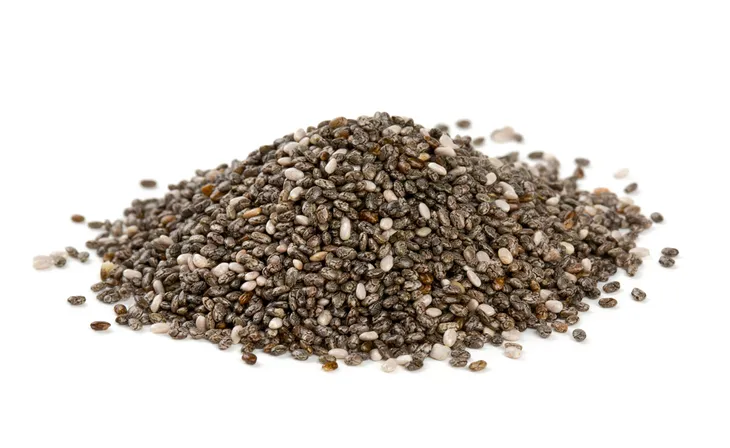Crohn’s disease is a type of inflammatory bowel disease that affects the small intestine, which WebMD says can make it “hard to digest and absorb key nutrients from food,” often leading to issues such as malnutrition, diarrhea and lack of appetite.
Unfortunately, there is no specific dietary plan that has proven beneficial for everyone with Crohn’s disease, as different parts of the intestine are affected in different people, and also because the disease can change over time. There are, however, several common “trigger foods” that can aggravate the gastrointestinal tract and cause symptoms to occur—including these 12, which may be best avoided.
Nuts
When consumed in their raw form, nuts offer a great deal of healthy fats and protein. Unfortunately for those with Crohn’s disease, however, they’re also quite challenging for the body to digest. As such, it’s best to stick to smooth nut butters, or avoid nuts altogether. Kelly Kennedy, a licensed dietician/nutritionist in Massachusetts told Health.com that people with Crohn’s who need to avoid nuts, but still want to indulge in this food can opt for “smooth nut butters such as natural peanut butter.”
Those allergic to nuts but still looking for a smooth nut butter can try sunflower seed butter, says Julie Ching, registered dietitian.
Raw Fruits and Vegetables
Those who have Crohn’s disease should also avoid eating raw fruits and vegetables, especially those with peels. Why? Because they are loaded with fiber, particularly in the skins, and fiber can worsen symptoms such as diarrhea, gas, and abdominal pain.
But fruits and vegetables shouldn’t necessarily be eliminated from your diet; they just need to be prepared differently. For example, edible peels should be removed before eating. And Healthline suggests “baking and steaming fruits and veggies can make them more easily digestible.” Canned fruit or fruit juices are also good alternatives to raw.
Popcorn
Popcorn is often touted as a healthier snack food alternative. And while that may be the case for most people, those with Crohn’s disease should find another food to nosh on, especially during a flare-up.
Health.com says this is because “Popcorn is technically a whole grain, and it’s probably among the hardest of all those grains to digest,” which can cause symptoms to worsen. As an alternative, licensed dietitian/nutritionist Kelly Kennedy suggests eating pretzels, as “They’re low in fiber and fat and the salt is helpful for replacing any sodium lost through diarrhea.”
Greasy or Fried Foods
Let’s be honest: fried foods aren’t good for anyone. But for those with Crohn’s disease they can be especially troublesome. Not only can they aggravate the gastrointestinal lining, but ProgressiveHealth.com says the trans fats they contain “provide the right environment for bacterial overgrowth in the gut and for further inflammation in the gastrointestinal tract.” This is what will cause those Crohn’s symptoms to flare-up and lead to cramping or loose stools, says Health.com. Instead of eating fried foods, try going for food that is baked or broiled, or even better — steamed!
For similar reasons, the source says to also avoid cured meats, as their high fat and salt content can irritate the lining of the intestines, which “can worsen diarrhea in Crohn’s disease or even cause intestinal bleeding.”
Coffee, Alcohol, and Carbonated Beverages
Unfortunately for people with Crohn’s disease, a morning cup of Joe is a no-go. ProgressiveHealth.com says this is because caffeine “promotes water loss in the body,” and also because the mild acidity of it can “easily irritate the mucosal lining of the gut” and cause diarrhea.
Healthline says alcohol can have a similar effect on the body, and should be avoided also. As should carbonated beverages, as the source says they can “increase gas in many people.”
Dairy Products
Due to the intestinal damage caused by Crohn’s disease, it is not uncommon for those with the condition to also develop lactose intolerance—“ an inability to digest the sugar found in milk and other dairy products,” defines Health.com.
As such, these foods should be removed from the diet altogether, because eating them can worsen symptoms such as gas, diarrhea, and abdominal pain. As substitutes, Healthline suggests plant-based products made from soy, coconut, almond, flax, or hemp.
Whole Grain Foods
While opting for whole grain foods is a better choice for most, this is not the case for people with Crohn’s disease, especially during a flare-up. Due to their high-fiber content, whole grain foods—such as whole wheat breads, brown rice, and oatmeal—can worsen symptoms of diarrhea and abdominal pain.
Everyday Health suggests opting for refined breads and pastas that are easier to digest. Except, however, if you are part of the large number of people with Crohn’s disease that also have celiac disease. In which case, all products that contain gluten should be avoided.
Red Meat
Like some of the other foods on this list, it’s hard to completely eliminate an entire food group, especially if it has some health benefits. Unfortunately, protein is not a friend to Crohn’s flare-ups, but it doesn’t have to be avoided all together. People who suffer from Crohn’s can just eliminate fatty proteins like red meat, sausages, and dark meat poultry.
So what is a good protein? Well, obviously anything that is nice and lean like fish, pork tenderloin, white meat poultry, tofu, and even eggs will work as a replacement.
Foods with Gluten
We’ve already mentioned that people with Crohn’s should avoid whole grain foods, so instead they might try another refined wheat product. Unfortunately, there are many people who struggle with digesting gluten. “There’s a good percentage — higher than the normal population — of patients with Crohn’s disease who also have celiac disease,” says Abdullah Shatnawei, MD, a gastroenterologist at Cleveland Clinic while talking to Health.com.
If you’re one of these people, you should probably air on the side of caution and try to avoid or limit your gluten intake.
Spicy Foods or Spices
Not surprisingly, people who suffer from digestive issues should be wary of spicy foods because they can act as an irritant. There is one exception to this rule: turmeric (or curcumin), which has a spicy flavor, has been known to reduce flare-ups in Crohn’s patients. In order to salvage some flavor try using turmeric, ginger, chives, cumin, lemon peel, fresh herbs, or mustard when spicing up a meal. On the other hand, avoid spicy foods like garlic, jalapenos, chili powder, paprika, wasabi, white, yellow, or purple onions, black pepper, and cayenne pepper.
As with everything, this food intolerance differs from person to person as we all have different levels of tolerance. “So it’s important to identify those foods that are or are not tolerated,” says Gina Jarman Hill, PhD, RD, an associate professor of nutrition at Texas Christian University in Fort Worth while talking to Health.com.
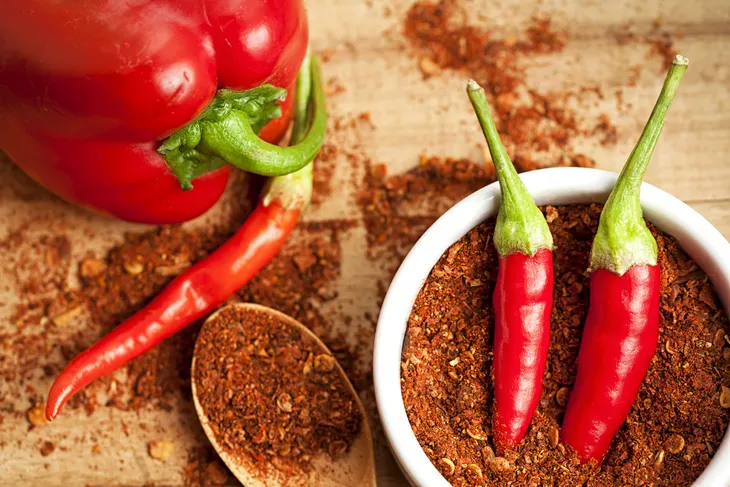
High Fiber Foods
Healthline points out that people suffering from Crohn’s disease are often put on a low-fiber diet by their doctor. “According to Crohn’s and Colitis Foundation of America (CCFA), people with Crohn’s may benefit from a low-fiber, low-residue eating plan to help manage small intestinal constriction or acute symptoms. This type of diet reduces fiber and ‘scrap’ that can stay behind and irritate the bowels,” says Healthline.
However there is conflicting research on this subject because there isn’t much evidence that high-fiber intake creates uncomfortable symptoms or outcomes. There was one particular 2015 study that found a diet of eggs, dairy, fish and fiber resulted in a maintained remission over the span of two years. But Healthline explains that the majority of researchers believe a plant-based diet is best when it comes to reducing intestinal inflammation.
Seeds
Seeds can also be problematic for those with Crohn’s disease, as they don’t fully digest when passing through the body, which “can sometimes lead to worsened diarrhea if you’re going through a Crohn’s flare,” says licensed dietitian/nutritionist Kelly Kennedy in speaking with Everyday Health. The source advises avoiding foods that contain a lot of seeds, such as raspberries, strawberries, tomatoes, chia, and flax seeds.
